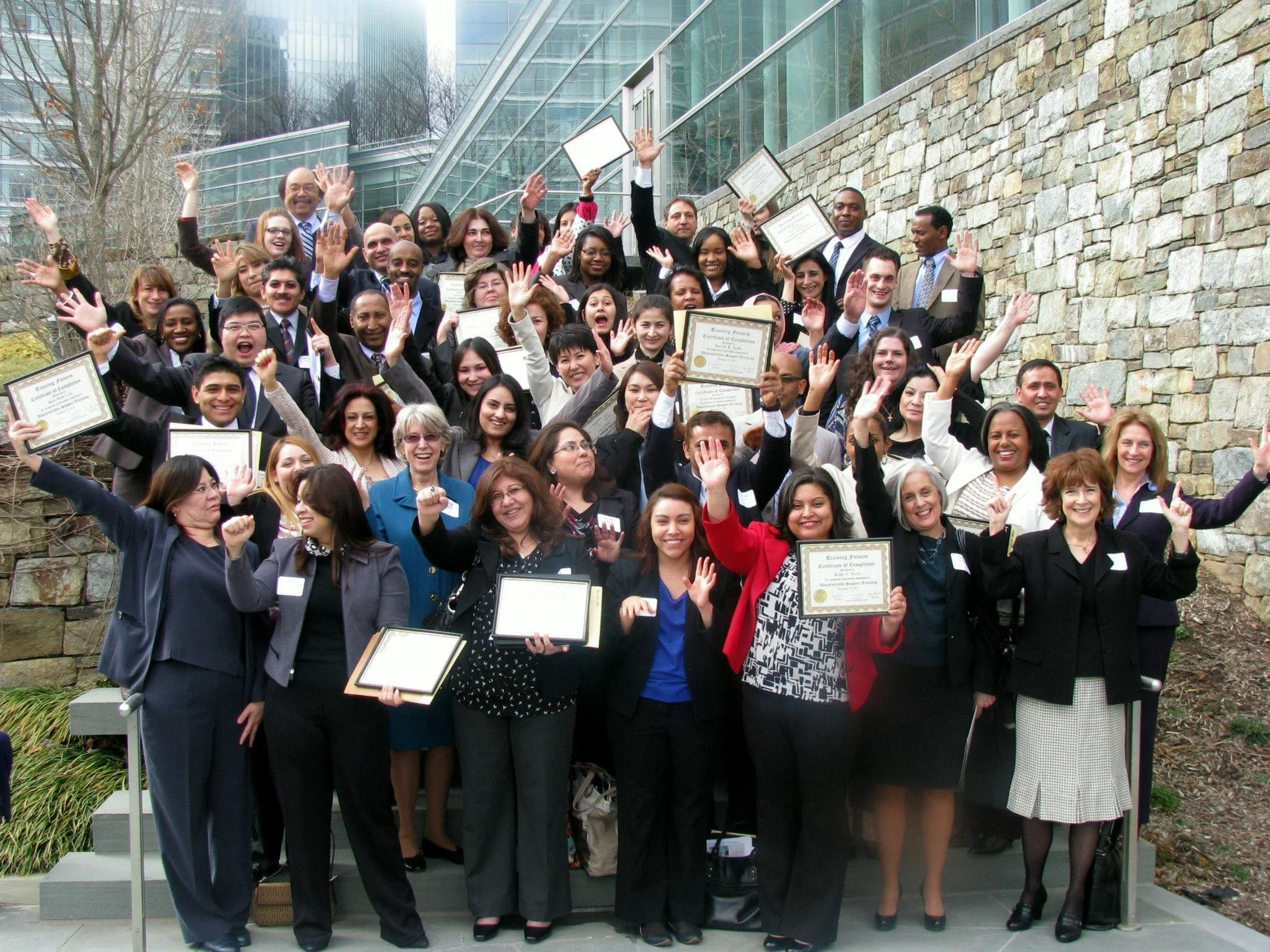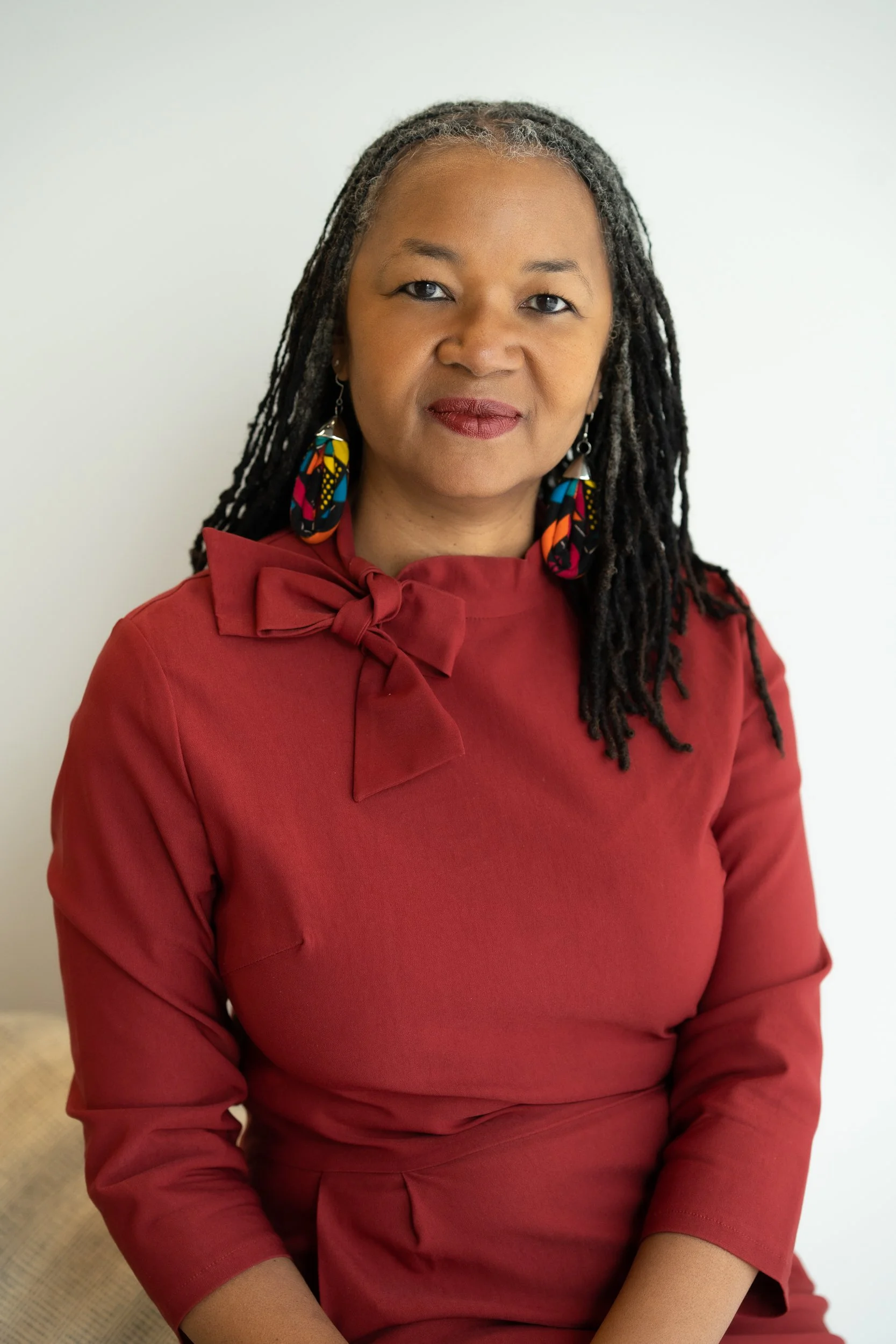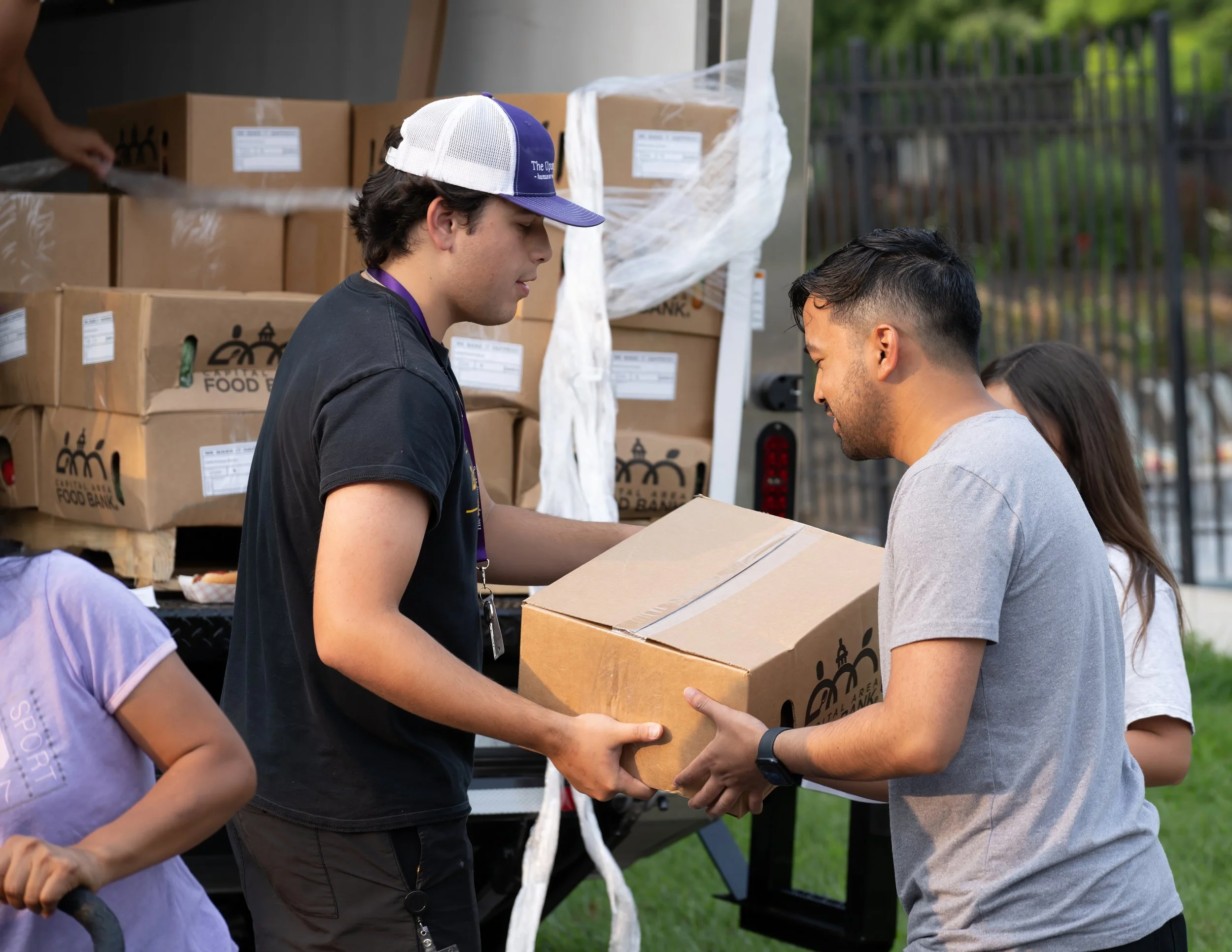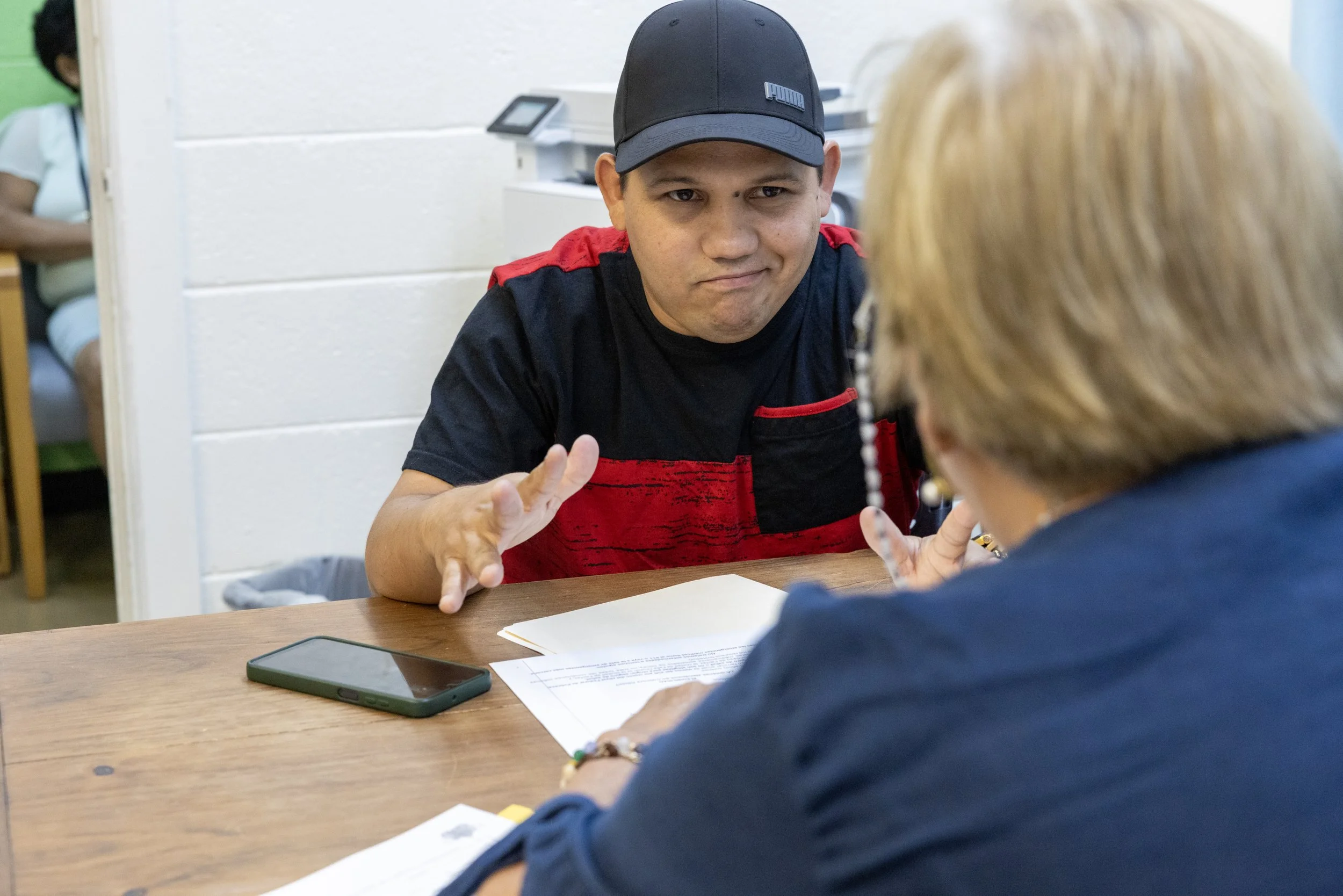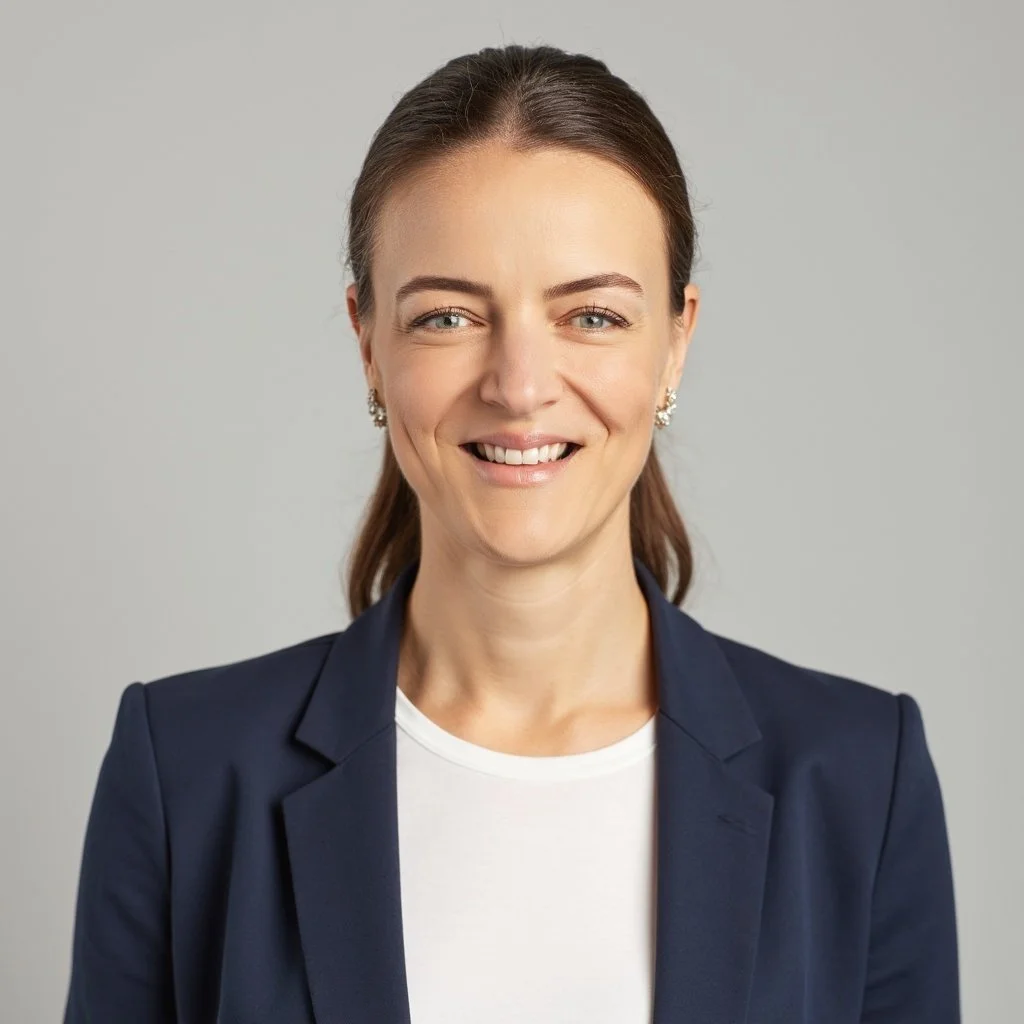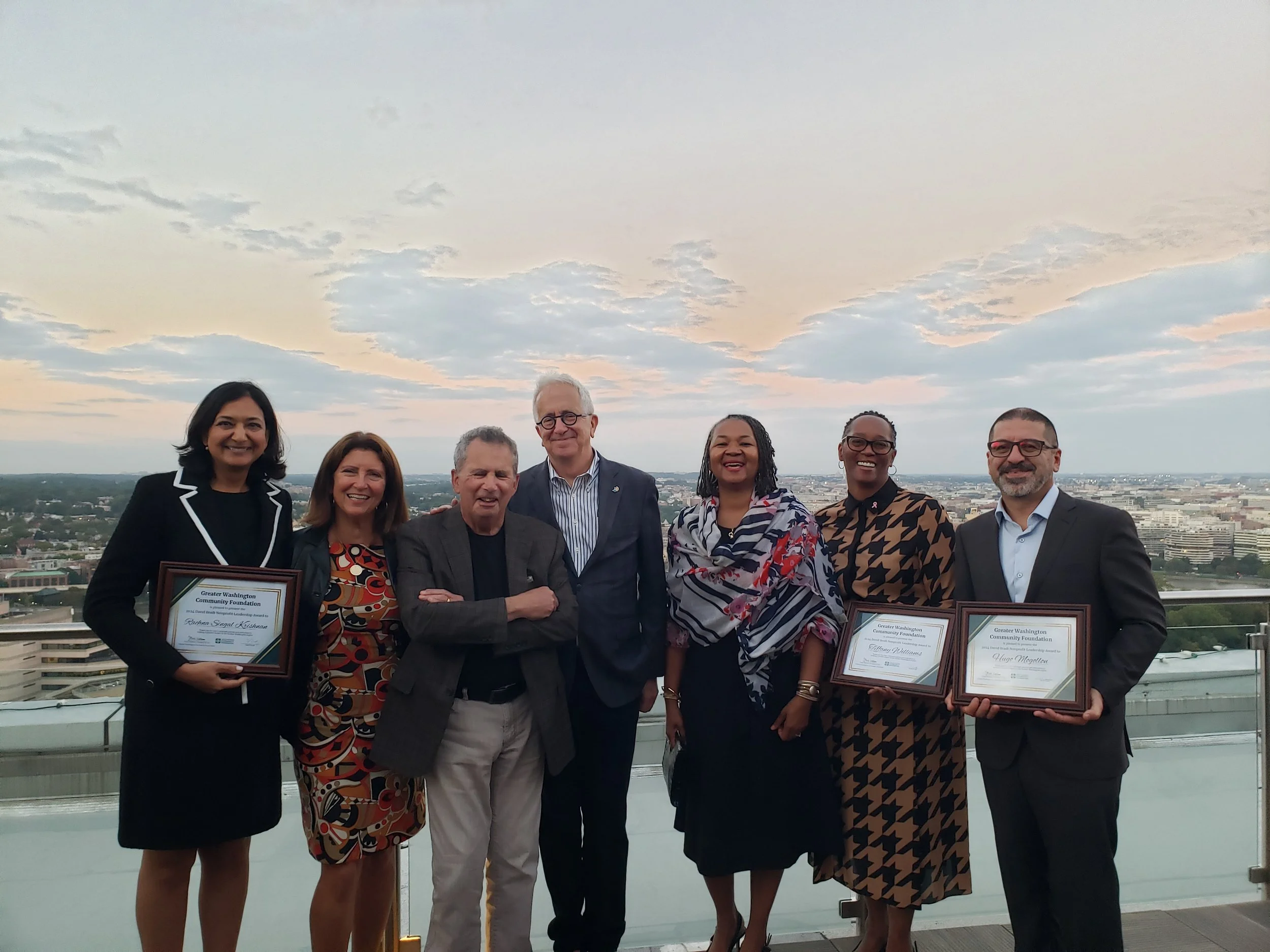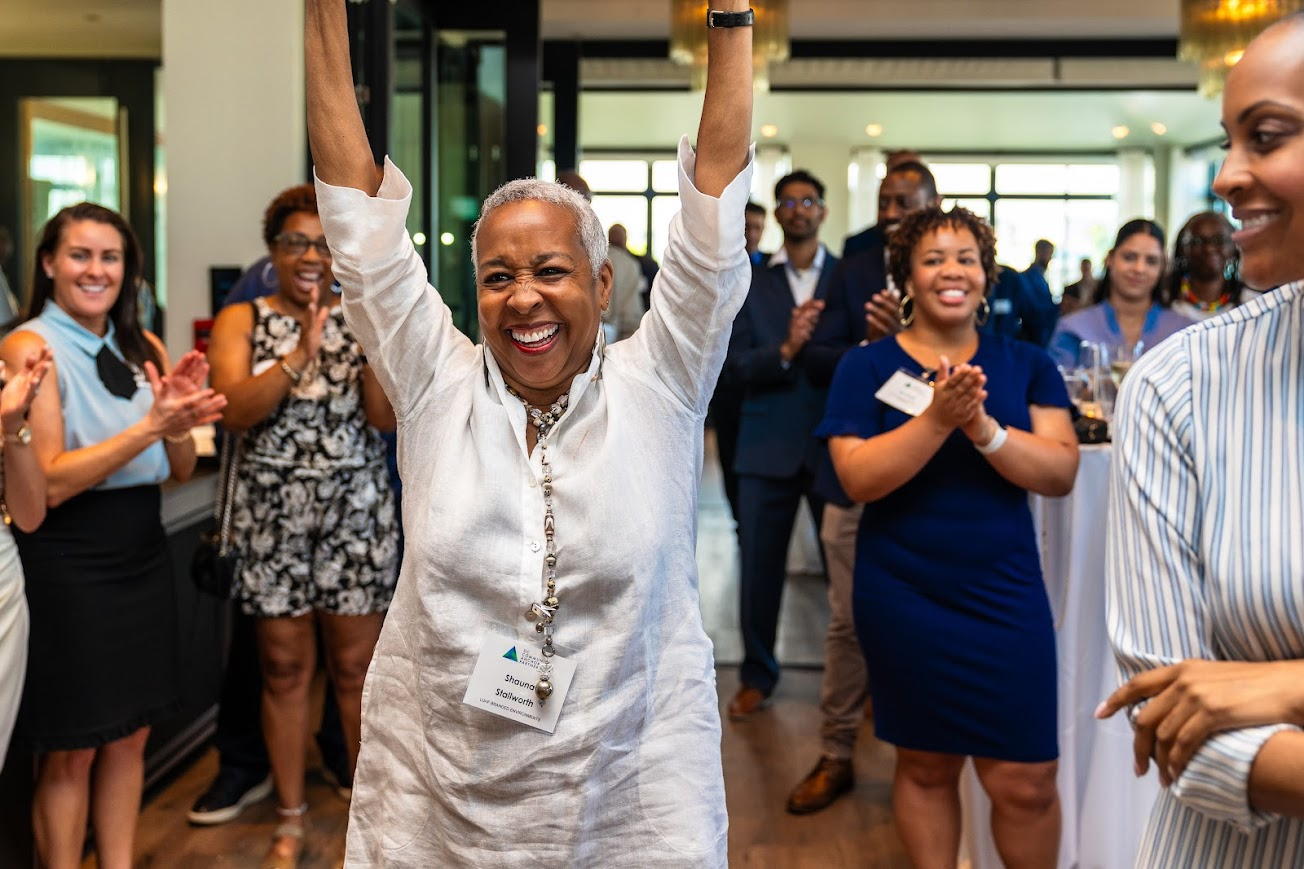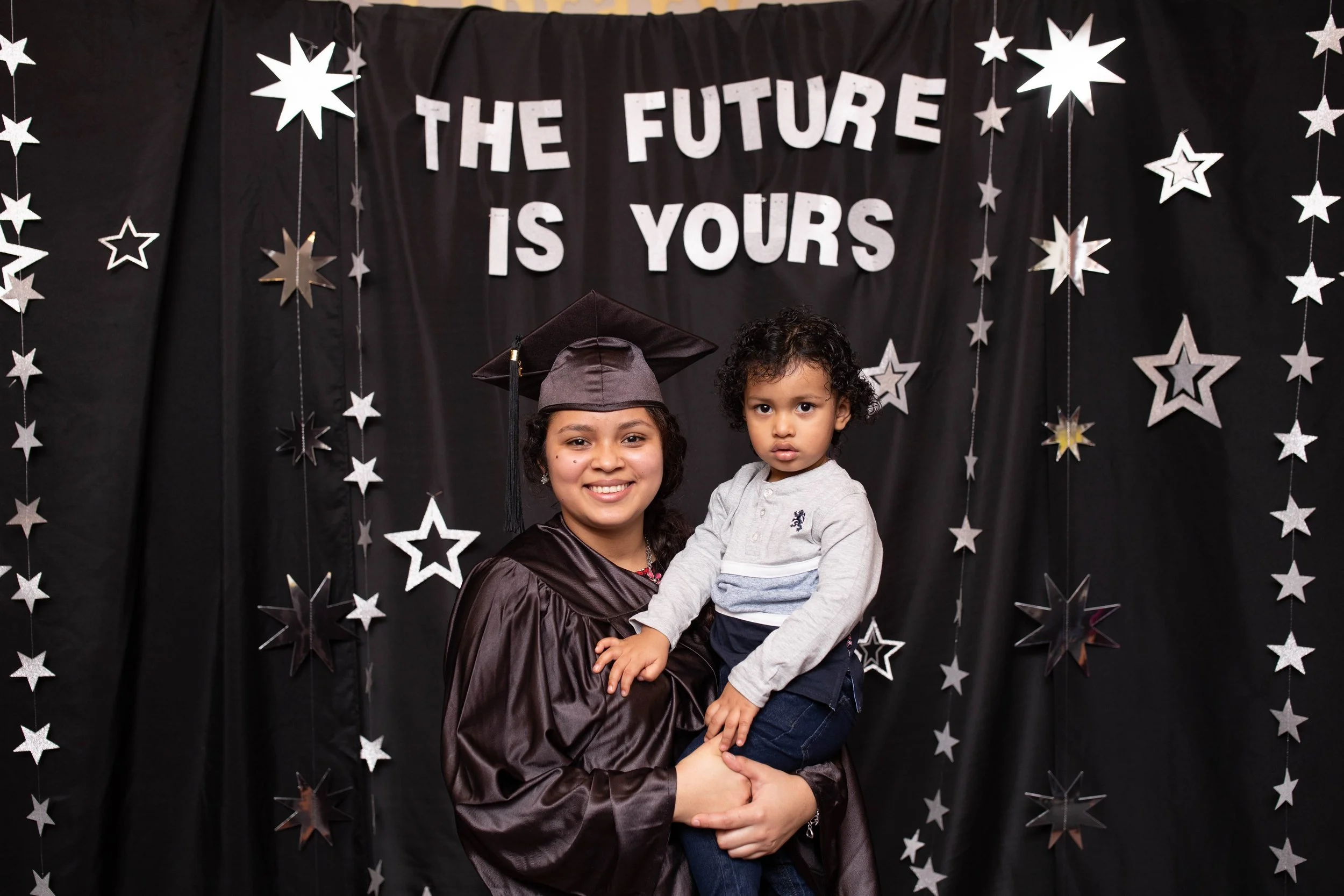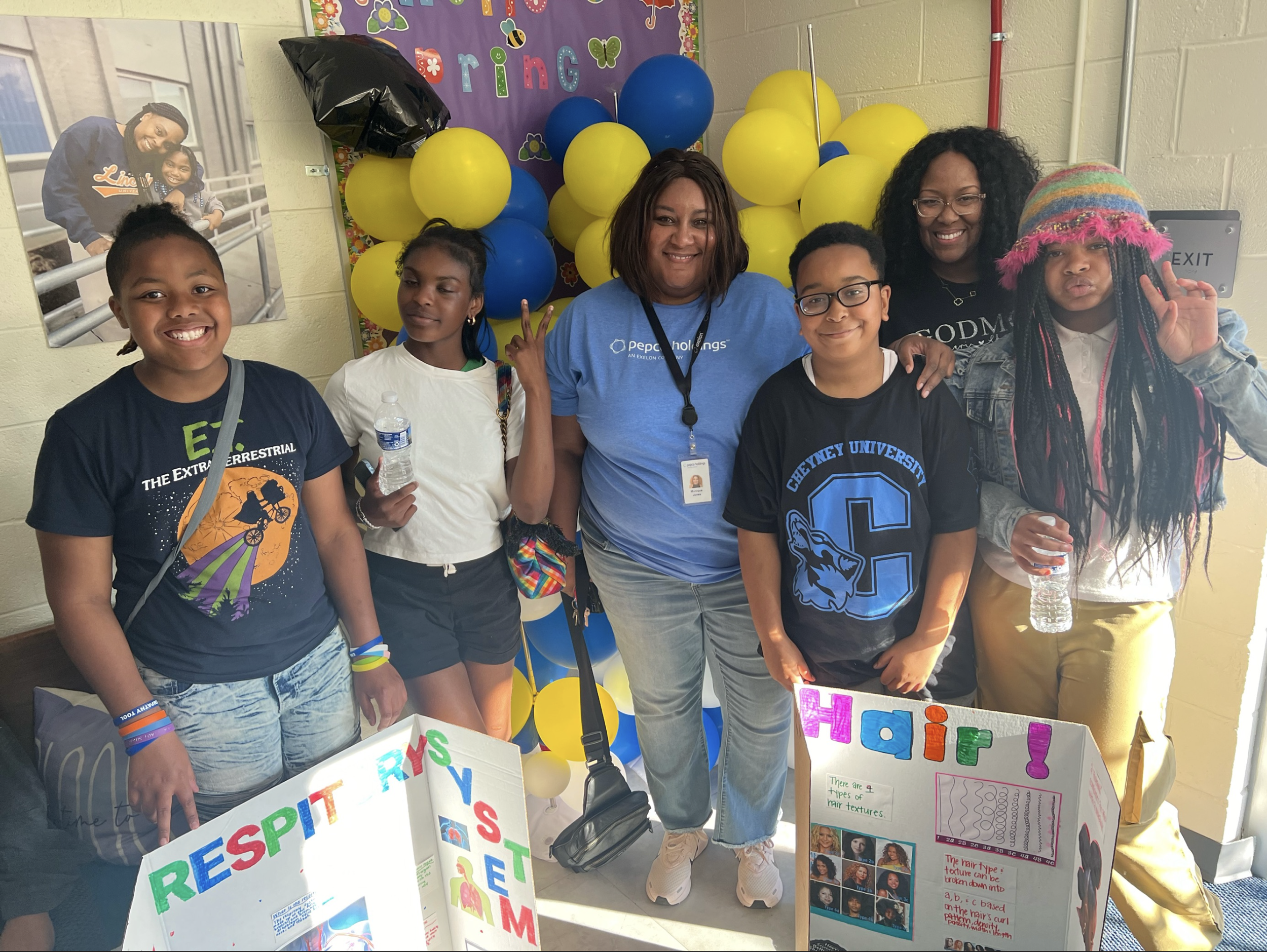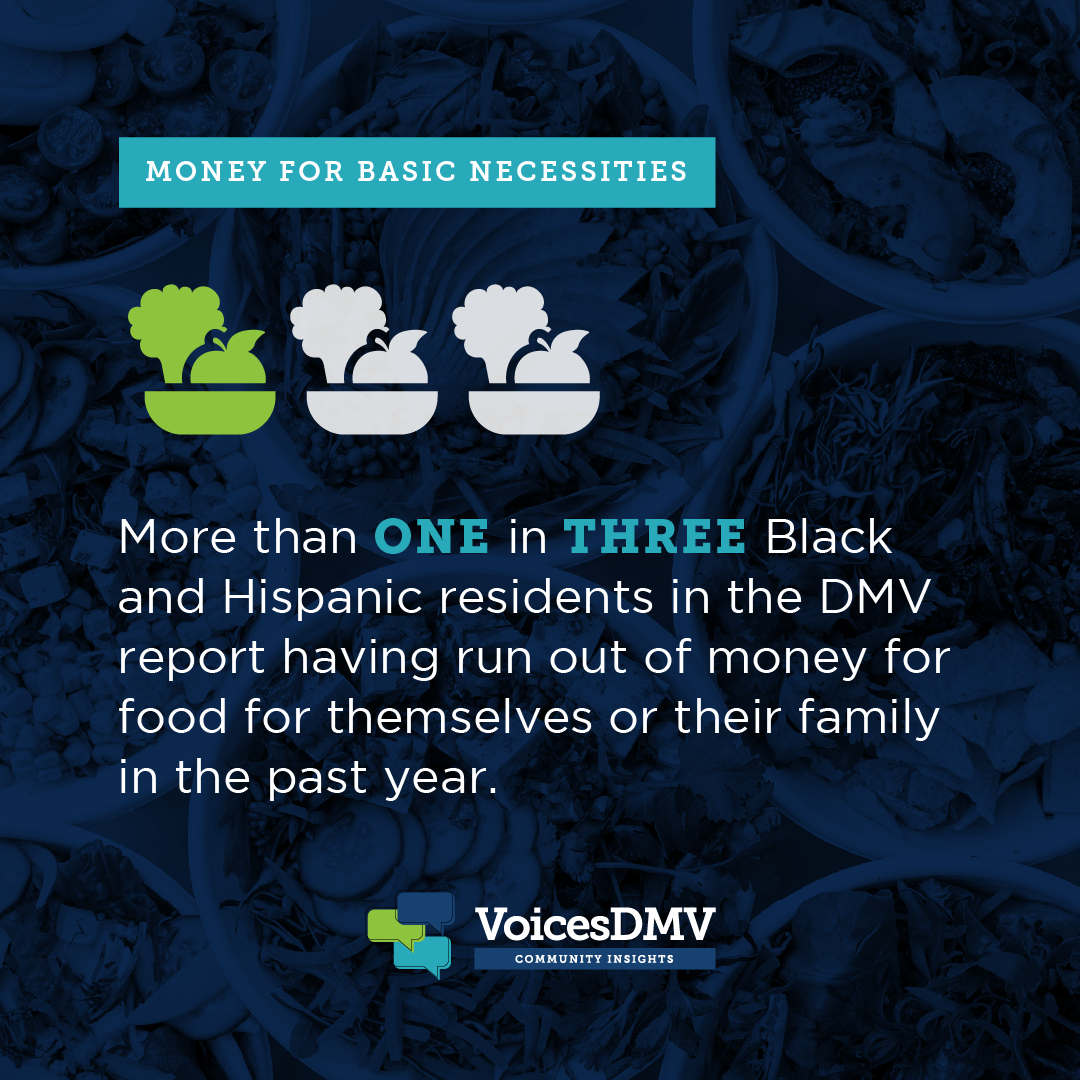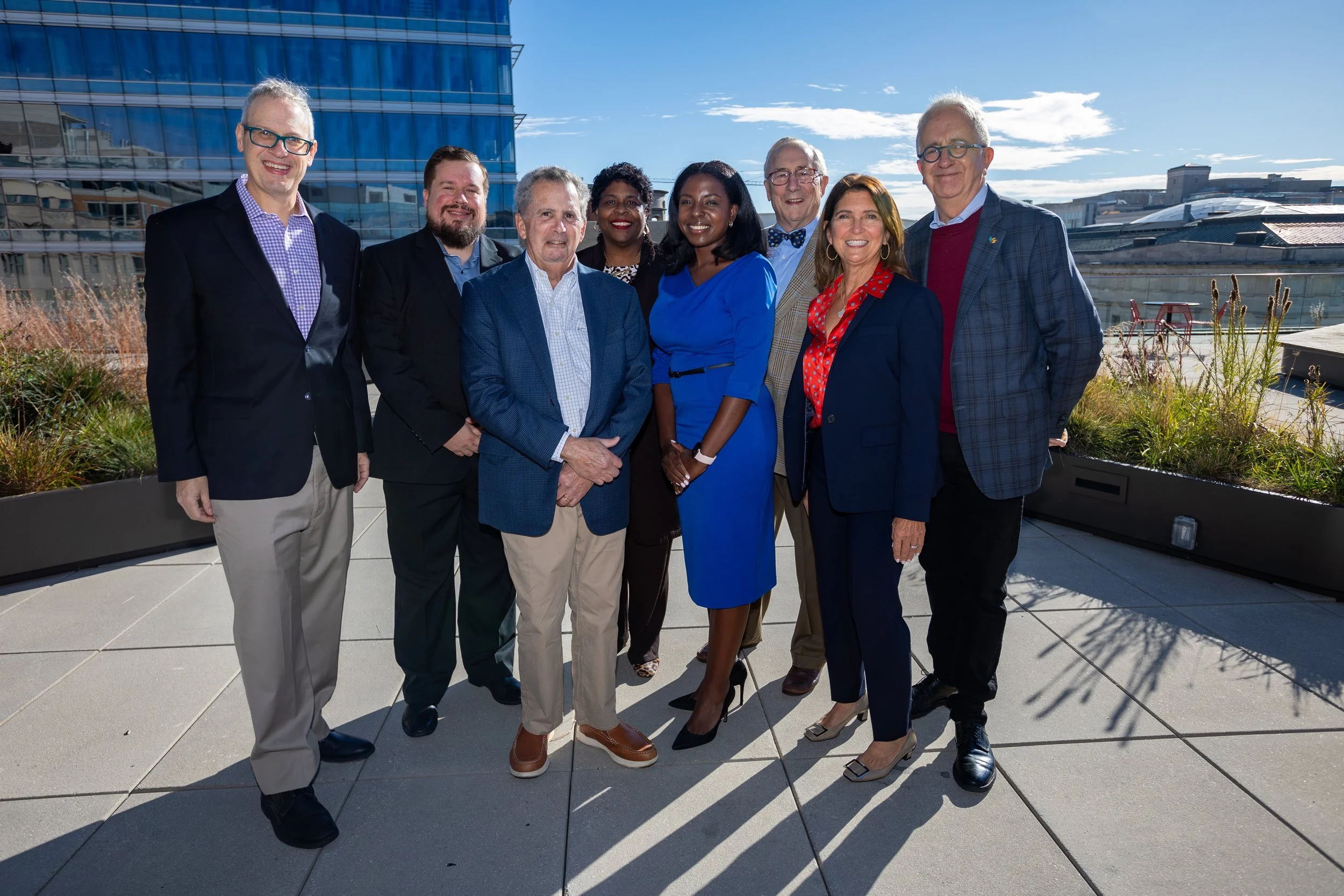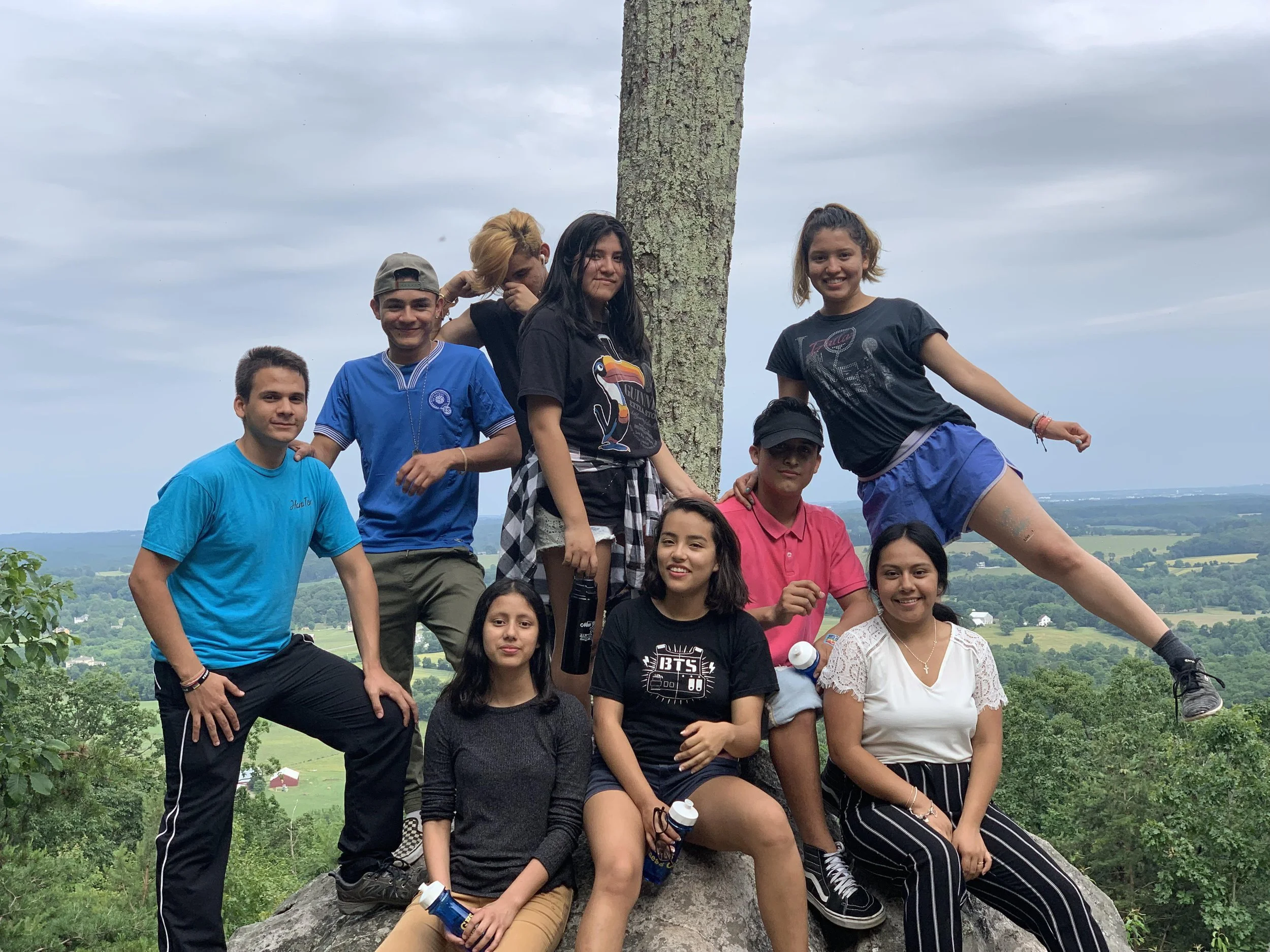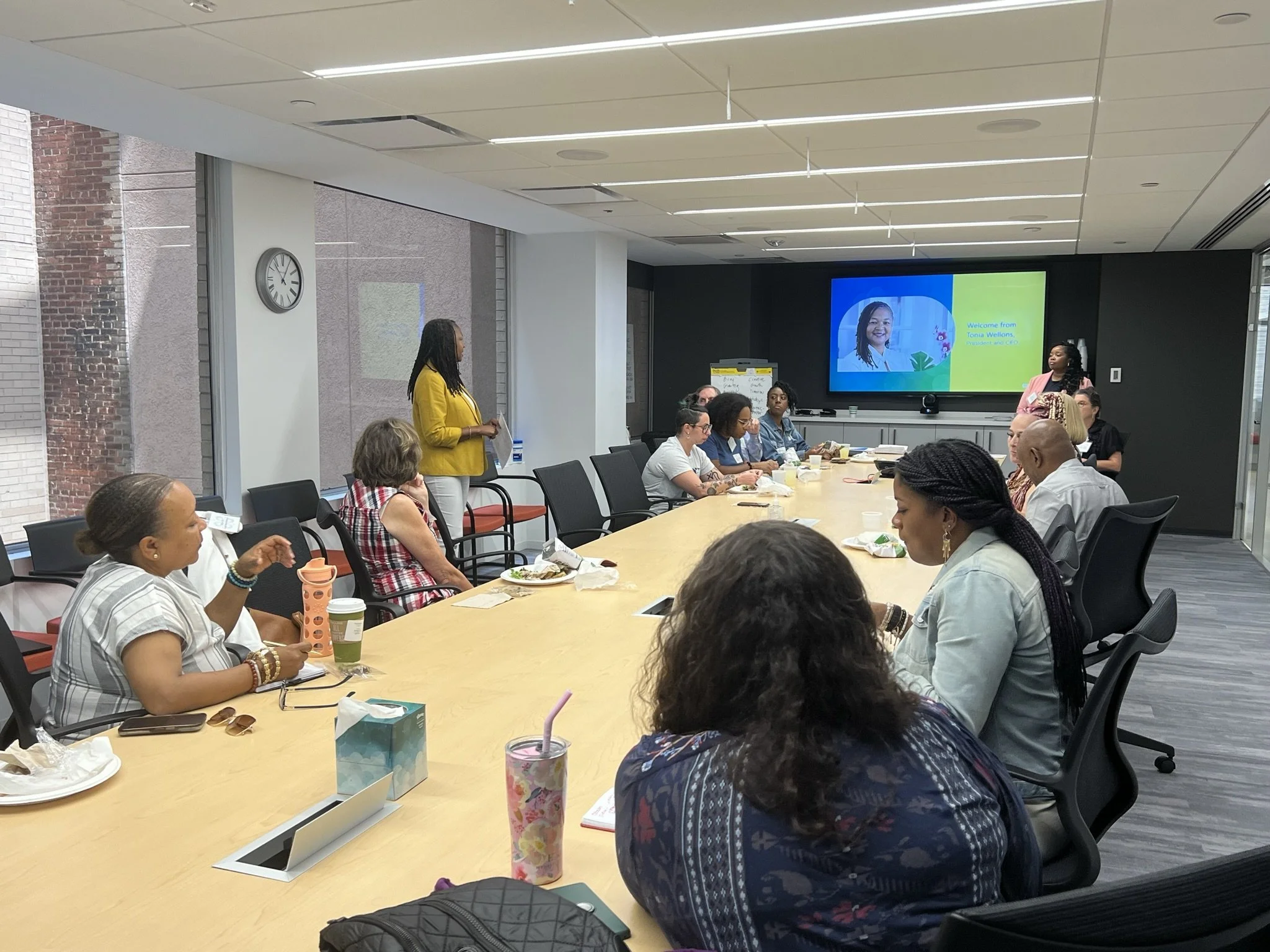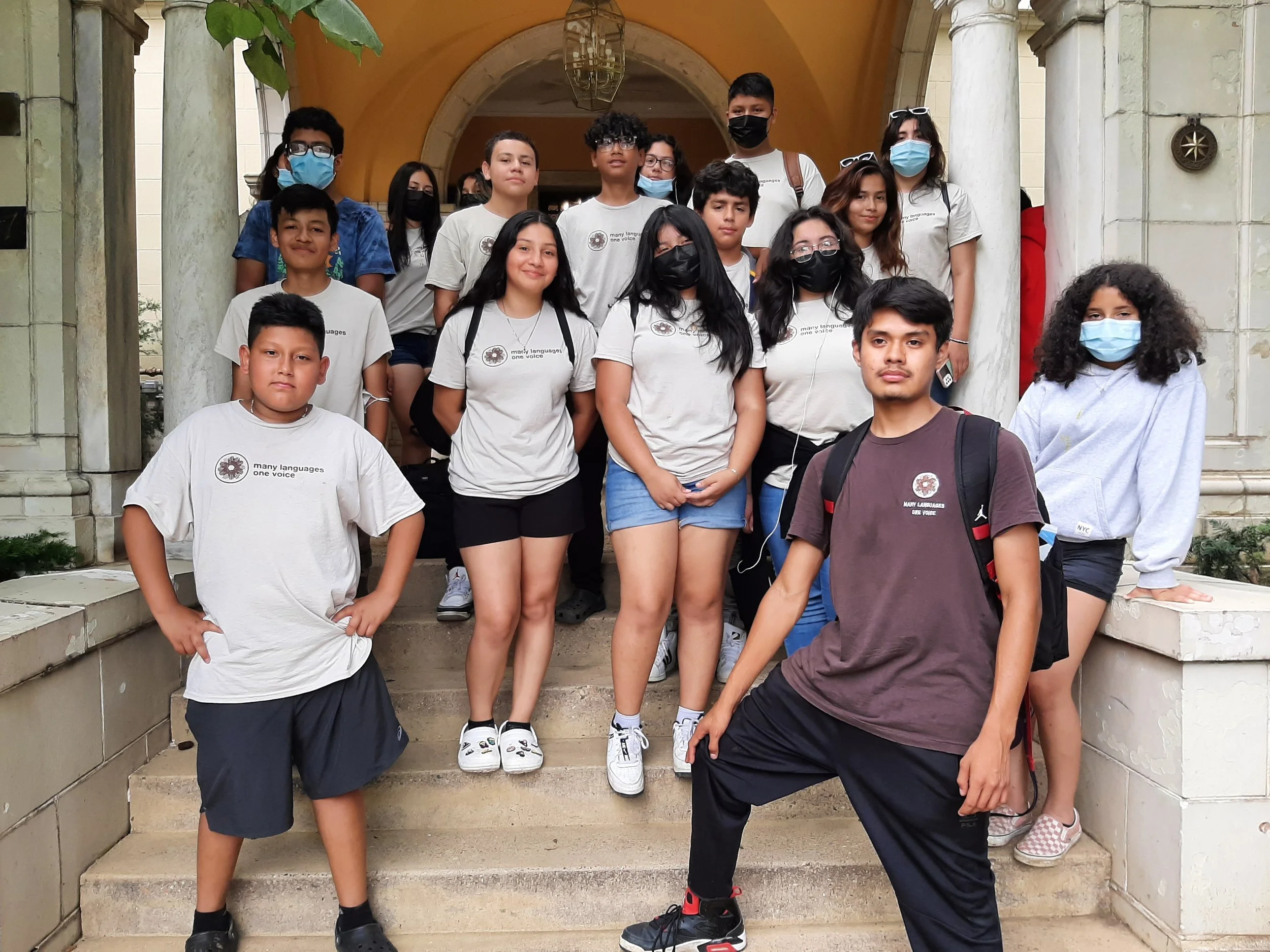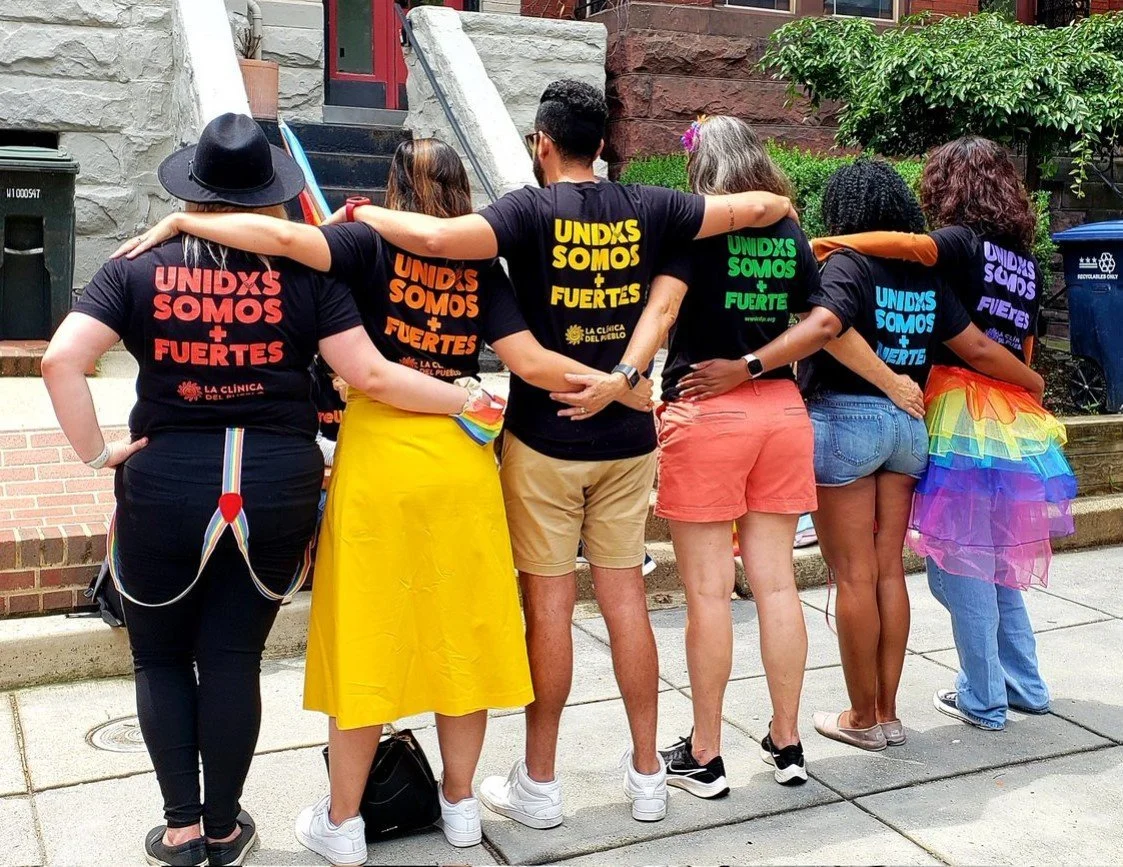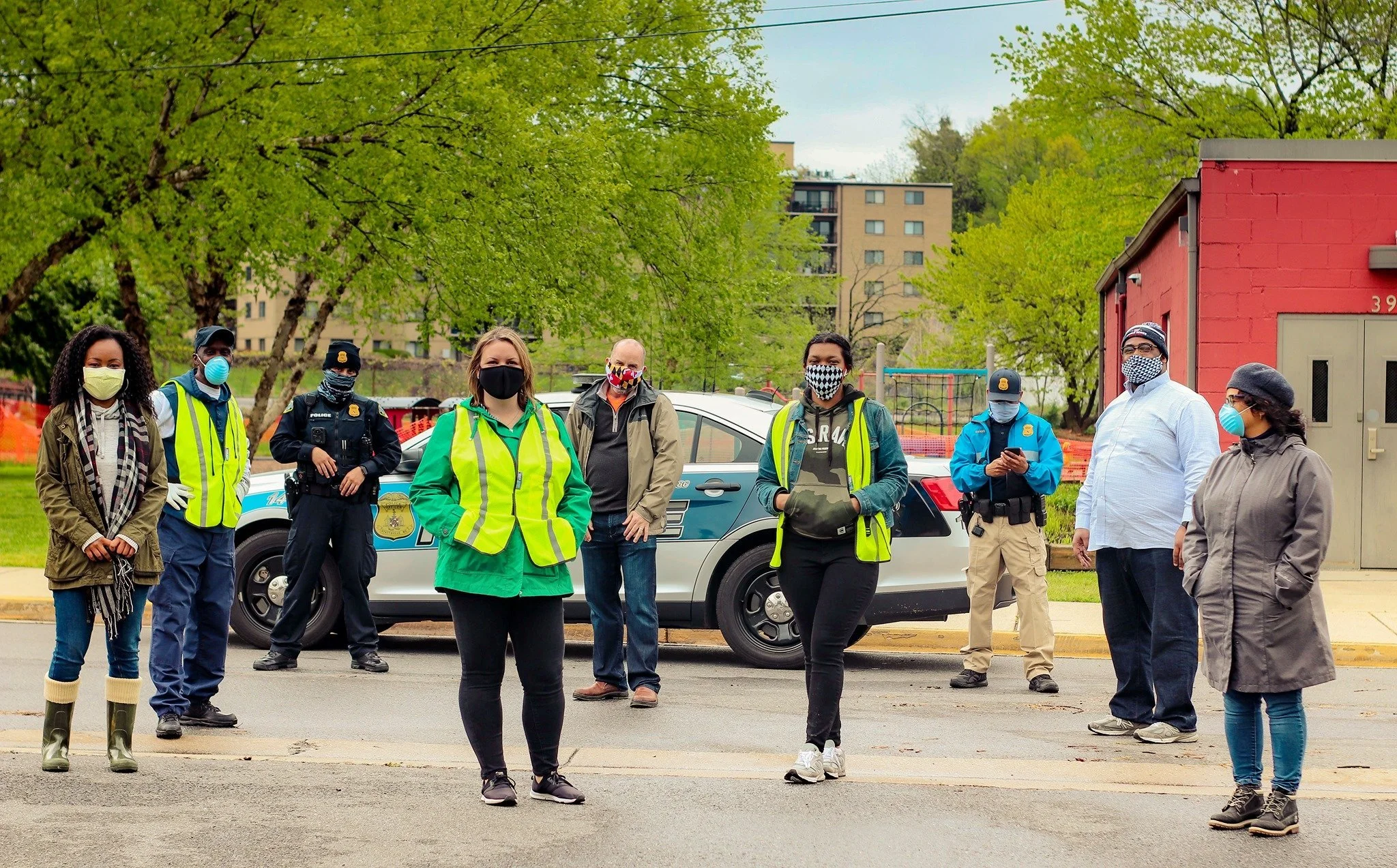DC,
Montgomery County,
Prince George's County,
Northern Virginia,
Community Resilience,
Community Leadership,
Nonprofits
Greater Washington Community Foundation
DC,
Montgomery County,
Prince George's County,
Northern Virginia,
Community Resilience,
Community Leadership,
Nonprofits
Greater Washington Community Foundation
Read More
Community Leadership,
DC,
Ending Homelessness,
Giving,
Montgomery County,
Nonprofits,
Northern Virginia,
Prince George's County,
VoicesDMV
Jan Bigas
Community Leadership,
DC,
Ending Homelessness,
Giving,
Montgomery County,
Nonprofits,
Northern Virginia,
Prince George's County,
VoicesDMV
Jan Bigas
Read More
Community Leadership,
Nonprofits,
DC,
Montgomery County,
Prince George's County,
Nonprofit Endowment
Jan Bigas
Community Leadership,
Nonprofits,
DC,
Montgomery County,
Prince George's County,
Nonprofit Endowment
Jan Bigas
Read More
DC,
Giving,
Impact Stories,
Montgomery County,
Nonprofits,
Prince George's County
Jan Bigas
DC,
Giving,
Impact Stories,
Montgomery County,
Nonprofits,
Prince George's County
Jan Bigas
Read More


